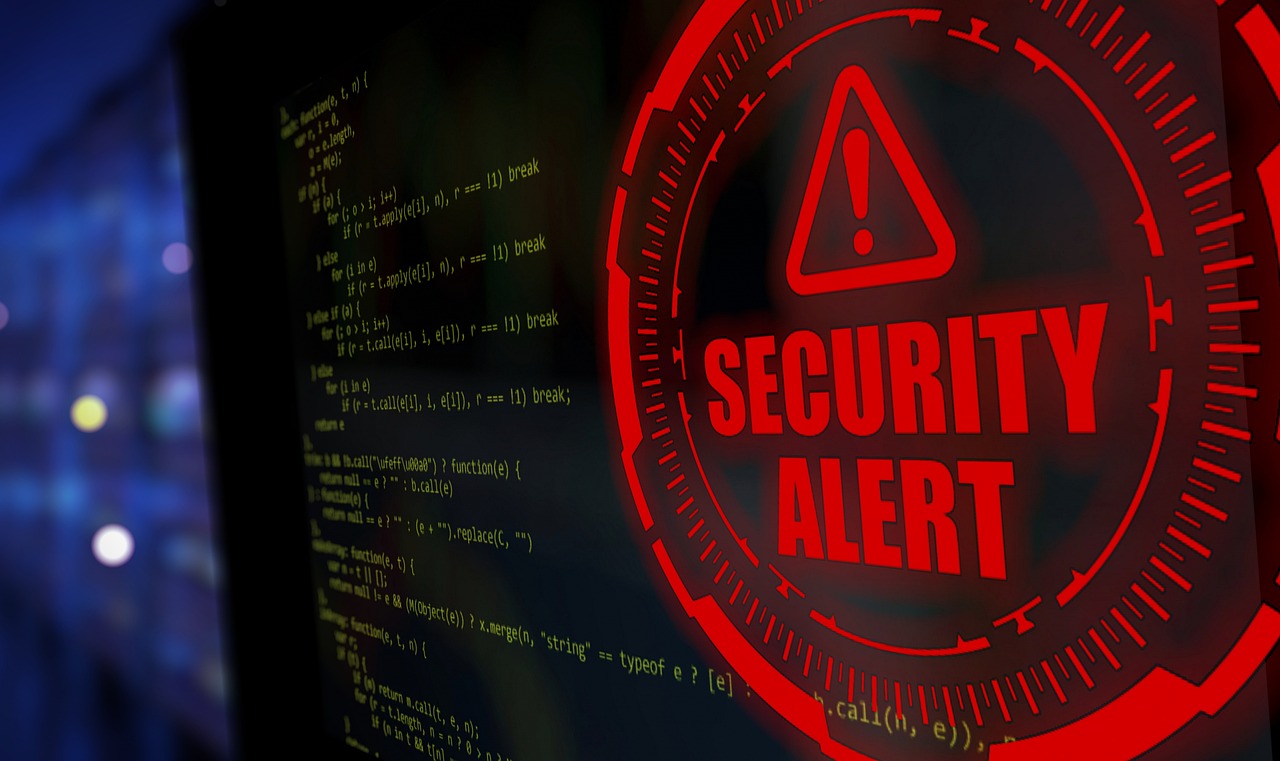The 2024 Paris Olympic Games face numerous threats due to their high-profile nature and international significance. Insikt Group’s research identifies several key risks: cybercriminals targeting critical sectors with ransomware, hacktivists aiming to disrupt due to geopolitical conflicts, and state actors engaging in espionage and influence operations. Extensive security measures are in place to counter terrorist threats, but the event remains a potential target for violent extremists and opportunistic criminal groups.
Multifaceted Threats to the 2024 Paris Olympics
The 2024 Paris Olympic Games are a target-rich environment, drawing athletes from over 200 nations, widespread media coverage, and millions of spectators. This high-profile international event makes the Paris Olympics a prime target for those aiming to cause harm, disrupt proceedings, enrich themselves through criminal activities, or embarrass the host nation. Based on a comprehensive assessment of past attacks, identified threats, and the geopolitical context, Insikt Group has pinpointed several high-priority threats to the Paris Olympics.
Criminal Activity
Cybercriminals are expected to exploit the events pressures to launch ransomware attacks against government, hospitality, transportation, logistics, and healthcare sectors. Additionally, Olympic-themed phishing scams are anticipated to target businesses and attendees. Organizations involved in the Olympics should heighten awareness of phishing and prioritize patching high-risk vulnerabilities.
Hacktivist Threats
Hacktivists will likely attempt cyber disruptions to protest support for Ukraine and Israel. Although most hacktivist groups lack the capability to cause significant harm, some with ties to the Iranian government have been effective in disruptive attacks. Organizations should prepare for increased DDoS activity, website defacements, and potential wiper malware disguised as ransomware.
State-Sponsored Espionage and Influence Operations
While state-sponsored cyber disruptions are expected to be restrained due to Frances NATO membership, espionage operations are likely to escalate. State actors might use Olympic-themed lures to gather intelligence, and influence operations from Russia, Iran, and Azerbaijan will likely amplify narratives critical of France, NATO, and Israel.
Threats to Physical Security
Supporters of the Islamic State and al-Qaeda in Europe almost certainly intend to target the Olympics with terrorist attacks. A wide array of ideologically driven protest groups will also seek to disrupt the Olympics to advance their agendas. However, extensive security measures are expected to mitigate the probability and impact of successful attacks or violent protests. Event organizers should monitor online forums and messaging applications for potential attack vectors and targets.
Despite the likelihood of cyber disruptions from hacktivists and criminal groups, geopolitical developments could shift the threat landscape. Escalations in Russias war against Ukraine or significant increases in French aid to Ukraine could trigger actions from Russian state-sponsored groups. Similarly, developments in the Middle East could increase the risk of attacks from hacktivists, terrorists, or state proxy groups. It is crucial to monitor tensions in Europe and the Middle East to anticipate increased risks.
To read the entire analysis, click here to download the report as a PDF.
Discover more from Cyber GRC Hive
Subscribe to get the latest posts sent to your email.

